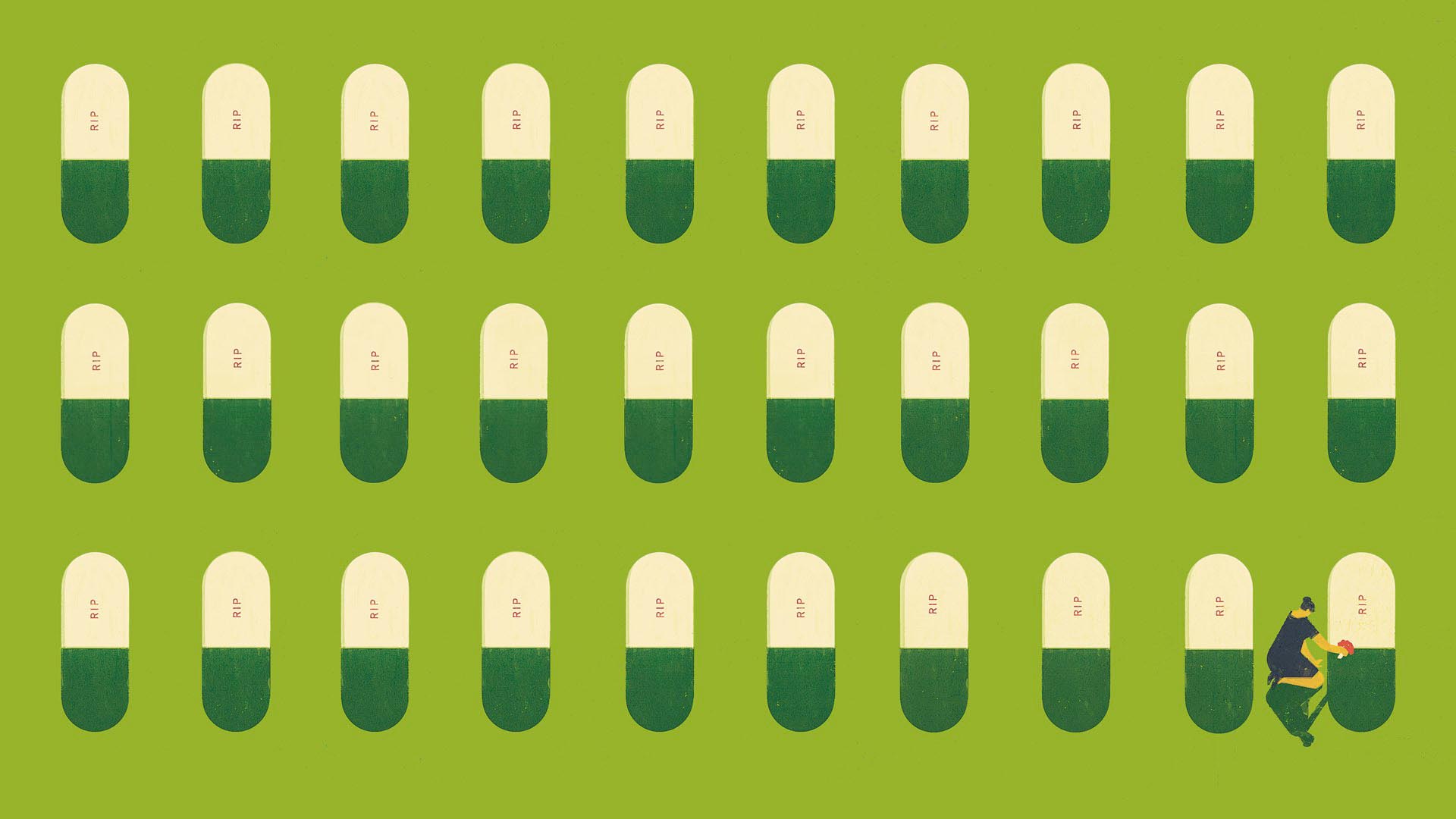Drug overdose is now the leading cause of accidental death in the United States — the National Institute on Drug Abuse estimates that more than 130 Americans die every day from opioid overdoses. While drug-related deaths have increased dramatically in all age groups, the greatest percentage increase has been among adults ages 55 to 64, according to the Centers for Disease Control and Prevention.
The epic proportion of the opioid problem in the US puts every health care provider on the front line. And yet, most nursing and medical students have had only limited education on substance use disorder.
“Given that this is such an epidemic in health care and at the forefront of patient care, I realized that more time was needed in the curriculum to address these issues,” says Amy McKeever ’08 PhD, RN, CRNP, WHNP-BC, an associate professor in the M. Louise Fitzpatrick College of Nursing and a women’s health nurse practitioner in obstetrics and gynecology.
That’s why she introduced a new Villanova Nursing elective in spring 2018: “The Opioid Crisis in America.” The weekly two-hour seminar prepares senior students to enter the health care system with a better understanding of substance use disorder and the opioid crisis, and provides them with the skill sets and a toolkit to screen, assess and refer patients to the appropriate level of care.
Dr. McKeever brings in a number of guest lecturers to inform the conversation, including a nurse who works in recovery at a crisis center and addresses the screening assessment and the detox process; a physician who has treated patients at the women’s prison at Rikers Island in New York; first responders; a military police officer; a certified addiction counselor; and family members who have lived through a sibling’s or child’s addiction.
One guest speaker is a parent who talks about their child’s trajectory from the onset of opioid abuse and full addiction, up to the time of death. “It’s a very informative and empowering discussion for everyone,” Dr. McKeever says.
The course also includes some important overlap from theory into clinical practice. Students participating in certain clinical groups during their health promotion or community health experience visit sites such as recovery centers, where they teach health promotion. In these rotations, students work with health care staff to develop education classes or programs on topics related to what patients need to do now that they’re in recovery.
“My hope is that when they encounter individuals with substance use disorder, that they have a better understanding and are better equipped to communicate and support these individuals and their families,” Dr. McKeever says. “I developed this seminar because I want my students to be well-equipped with the understanding of the science of addiction as a disease.”
Did You Know?
Villanova’s College of Professional Studies has offered an Alcohol and Drug Counseling certification program since 2005. In 2018 – 19, 26 students successfully completed the Recovery Specialist and Alcohol and Drug Counselor certificate programs.
